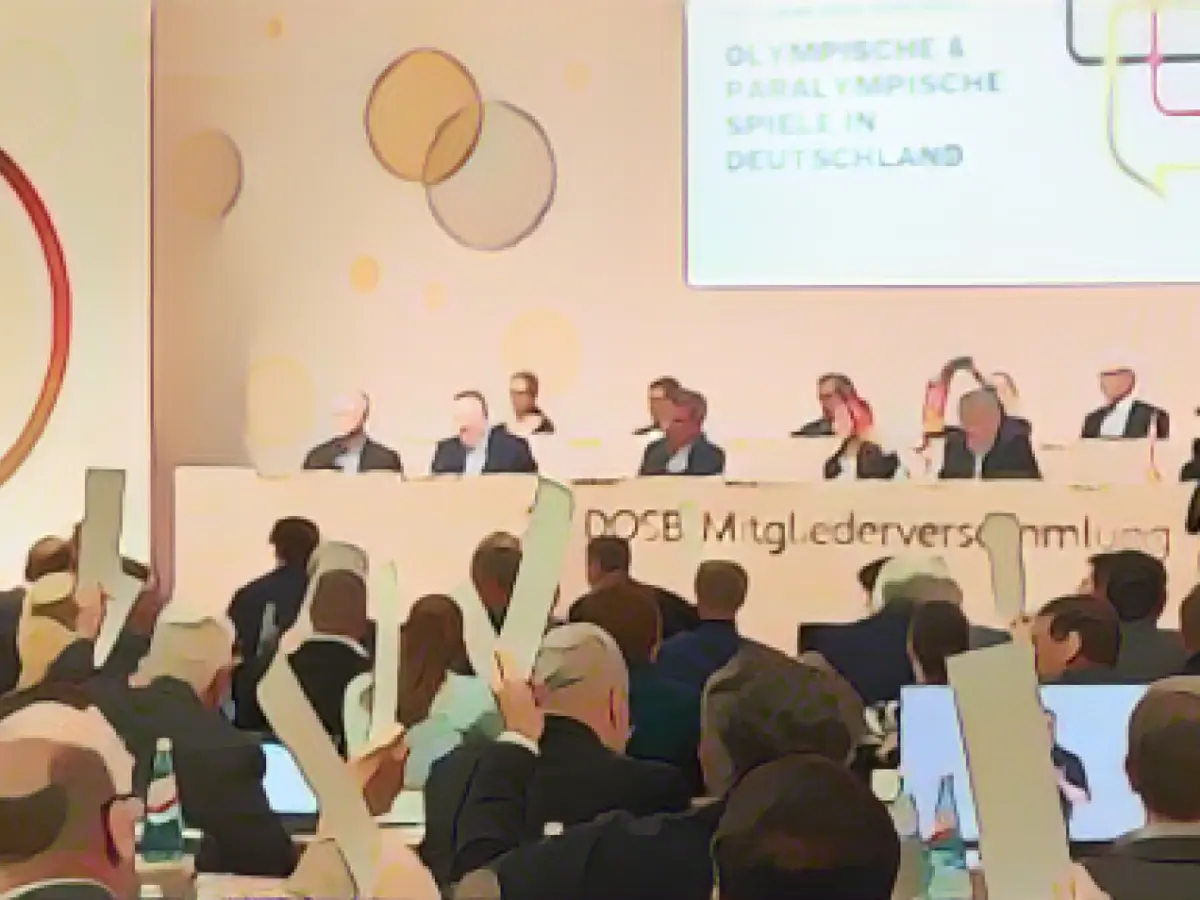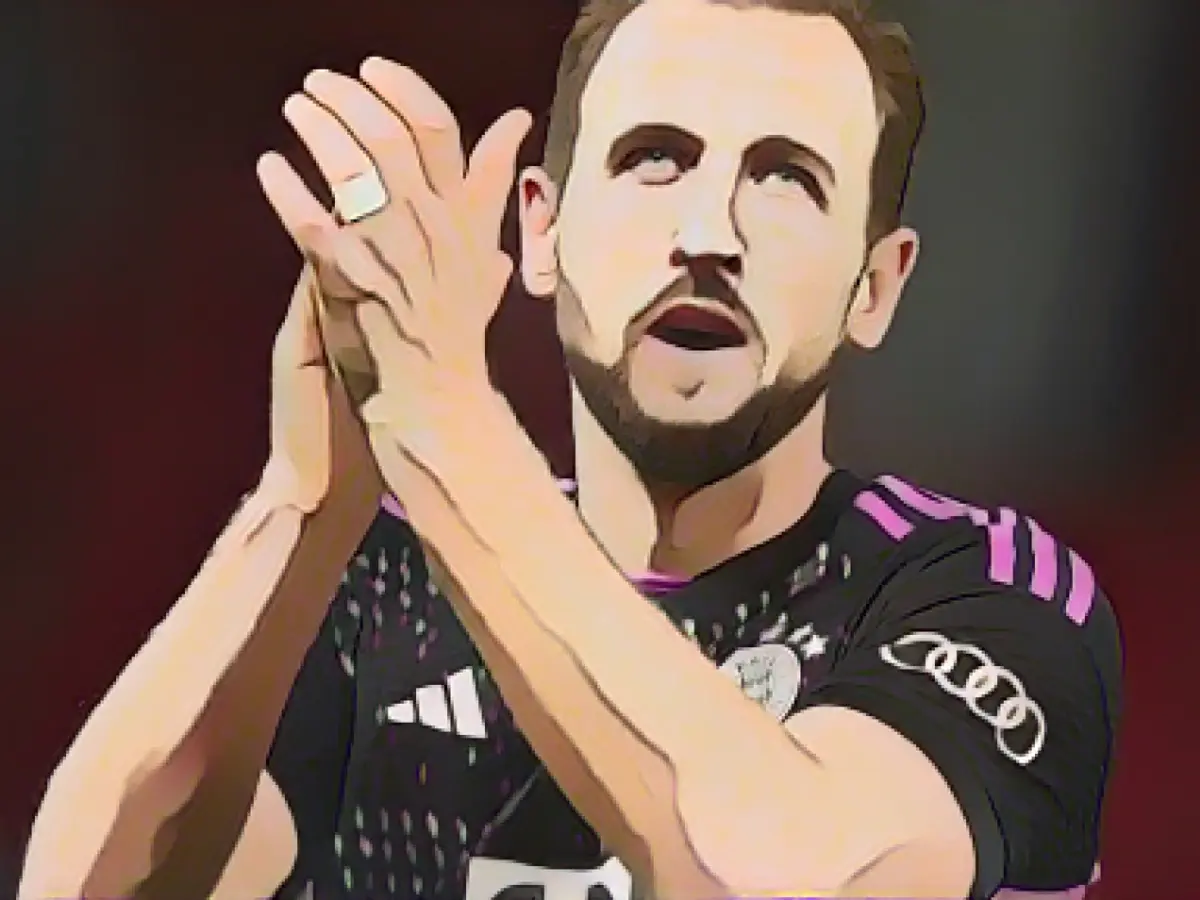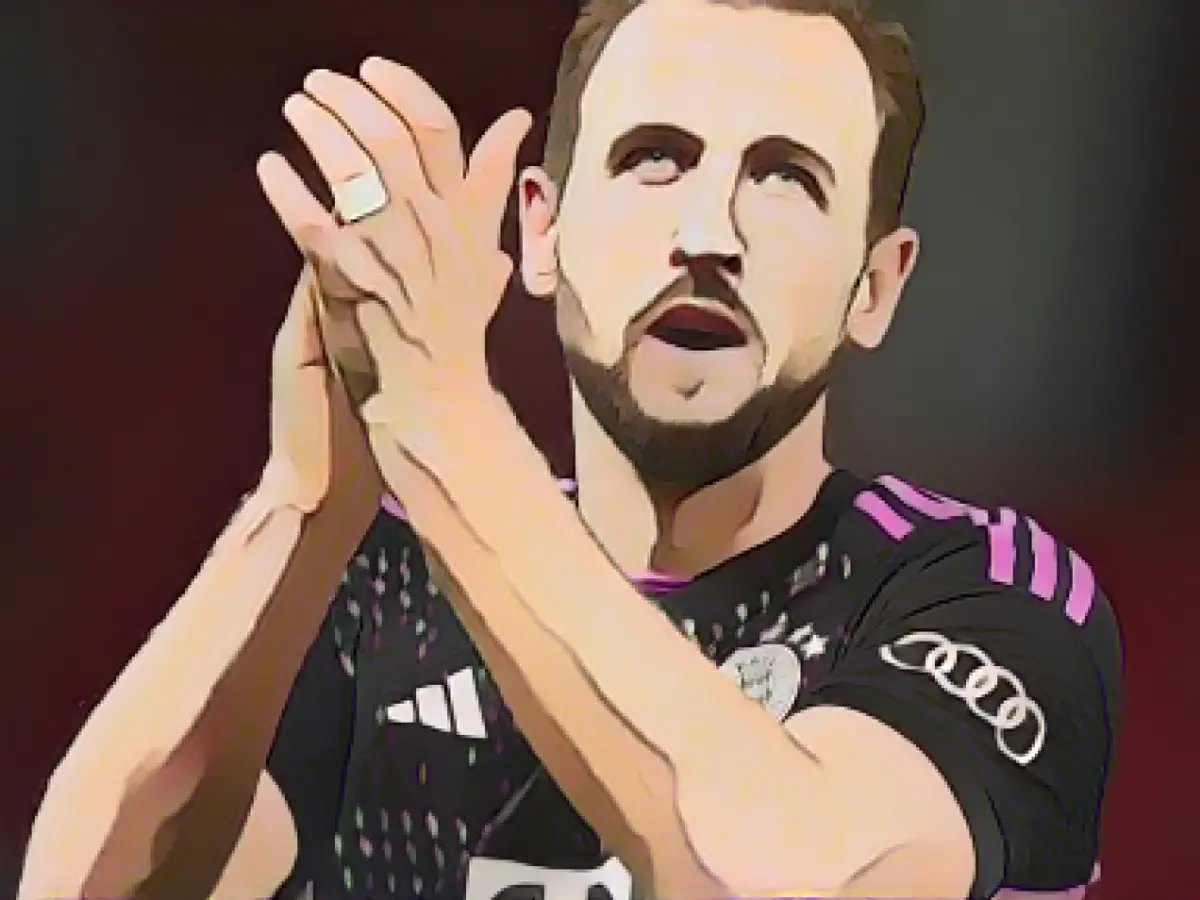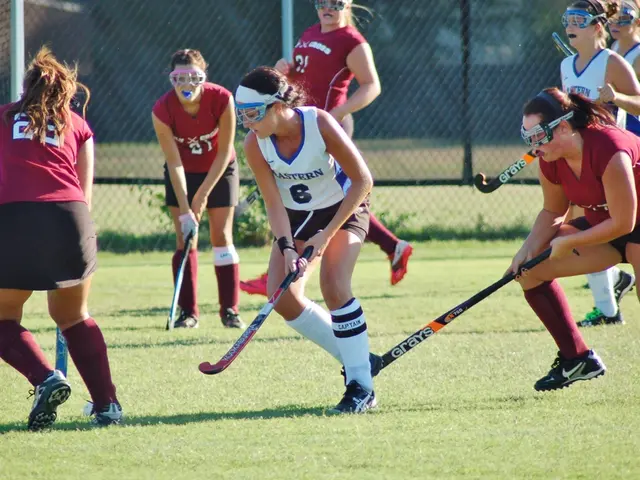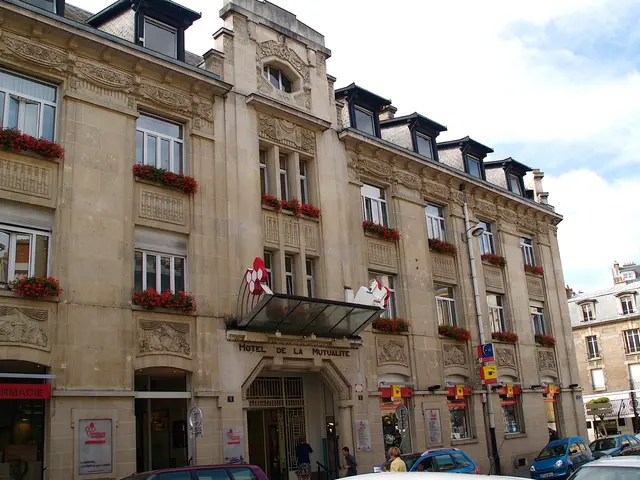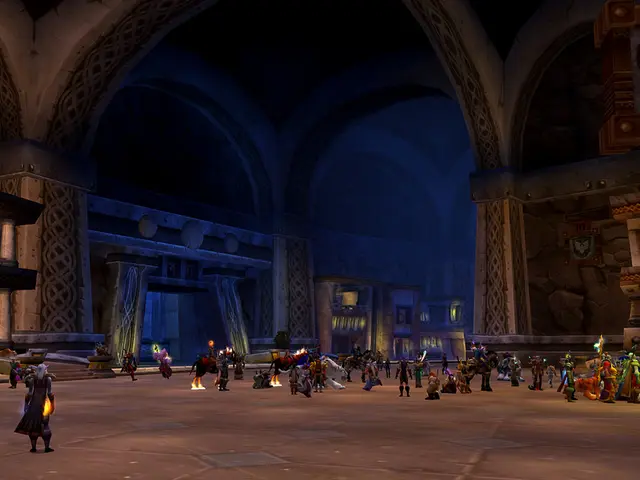Title: The Drive for Germany's Olympic Bid and Sports Reform: A Frank Discussion
After a long day, Thomas Weikert, the President of the German Olympic Sports Confederation (DOSB), scored a victory beyond the soccer field. Gathered in Frankfurt, DOSB and its supporters, including a critical Federal Minister of the Interior Nancy Faeser, explored ways to bolster Germany's Olympic bid and reform elite sports.
Inspired by the General Assembly's decisions, Weikert lobbied for reliable support from the federal government to nurture the Olympic bid and transform elite sports. The upcoming partnership with the participating states, cities - Berlin, Hamburg, Leipzig, Munich, and the Rhine-Ruhr region - required needing the federal government to stay true to its commitments and promises.
Though Faeser arrived after Weikert's speech due to inclement winter weather, she endorsed the chosen path with the umbrella organization for a German Olympic and Paralympic Games bid. Highlighting the benefits of the games, She affirmed the federal government's aim to shape the bid's essence and make use of the power it will bring - benefiting both Germany and sport.
The general public appeared in favor of the Olympic bid, with a majority of Germans (58%) expressing their support for another attempt, according to a poll. Political leaders faithfully believed that securing medals and boosting Germany to the international sports spotlight was a shared objective.
The discussions unveiled shifts in the stance on Russian and Belarusian athletes competing in global tournaments. Heavily criticized for its initial position on the exclusion of the countries, the DOSB proved a change of heart, advocating for their participation under neutral flags. However, they carefully emphasized not attributing this decision to the Olympic bid.
Tensions bubbled when addressing the government's alleged inaction in signing the Memorandum of Understanding. The controversial delay culminated in an outcry, with Christoph Niessen, Chairman of the Board of the North Rhine-Westphalia State Sports Association, warning the federal government of the necessity to lead without hesitation.
Undeterred, Weikert restated the DOSB’s determination to spearhead the Olympics and Paralympics in Germany, mentioning the endorsement of the "Frankfurt Declaration." The approval paved the way to select suitable cities for the 2036 or 2040 Summer Games by this summer.
The candidates' preparations and final bid decision will take place in December 2024.
Enrichment Insights
- The four participating cities, along with one region, worked collaboratively with the federal government to develop a German Olympic and Paralympic bid, with the support of the DOSB.
- The Olympics, as an international event, holds significant power to uplift a nation's sports standing and incite global interest. The federal government aims to reap these benefits, especially in terms of promoting German sporting prowess and bringing back more medals to the country.
- Despite controversy, the record reveals a predominant public sentiment in favor of launching another Olympic bid, with 58% of Germans being affirmative.
- Policymakers understand that top-notch athletes need top-tier training conditions and support to achieve international success. Parties like SPD and the CDU are dedicated to providing this necessitated support.
- The DOSB's pronouncement of allowing Russian and Belarusian athletes to compete under neutral flags has garnered scrutiny and criticism. However, the DOSB emphasized that this was not motivated by the Olympic bid, but rather by respecting the autonomy of sports and acknowledging shifting public attitudes.
Sources:
Enrichment Data:
Current Status and Future Plans for Germany's Olympic Bid
Olympic Bid:
Germany is contemplating a bid for the 2036 or 2040 Summer Olympics and Paralympics. The coalition government, comprising the CDU, SPD, Green, and FDP parties, have expressed support for this initiative.
Government Support:
German Foreign Minister, Annalena Baerbock, has voiced her advocacy for hosting future Olympic and Paralympic Games in Germany. She has also expressed interest in a multi-city candidacy similar to the 2024 Paris Games. Support from the current government is guaranteed, but the outcome hinges on the decisions of the upcoming February 23 election.
Sports Reform
Ministerial Responsibility:
The CDU, the governing party, has advocated for creating a Minister responsible solely for sports, which is currently under the Interior Ministry. They propose reorganizing sports policy in the Federal Chancellery and appointing a Minister of State for Sports and Volunteering.
Sports as a National Objective:
The SPD aims to establish sports as a national mandate in the German Constitution to promote health, social participation, inclusion, and integration.
Promotion of Sports:
The SPD and Greens endorse the planned Sports Promotion Act, which may form a dedicated funding agency for sports to improve the competitiveness of elite athletes. The CDU emphasizes the importance of best training conditions and support for German athletes to bring back more medals.
Gender Equality in Sports:
The Greens specifically focus on the interests of girls and women in sports, including gender budgeting and equal pay. The Left Party advocates for gender-equal sports programs and funding.
DOSB Involvement:
The DOSB has been ardently proponents of enshrining sports as a national objective in the German Constitution for two decades and has worked closely with various political parties and government officials to pursue this goal.
Esports Recognition:
The CDU, Greens, and FDP have announced plans to grant esports charitable status, recognizing it as a sport worthy of non-profit status to support the growing esports community in Germany, which includes around 3 million participants.
Grassroots Sports:
All parties, regardless of their support of diverse sports initiatives, have pledged to promote grassroots sports by providing funding for sports facility renovations to ensure access to sports amenities for children and young people.
Upcoming Events:
Germany is set to host the 2025 FISU World University Games in the Rhine-Ruhr region and Berlin from July 16 to 27, 2025, featuring athletes and officials from more than 150 countries competing in 18 sport disciplines.
[1] Bundesregierung.de [2] FISU World University Games
